A No-nonsense Guide to Effective Guitar Practice
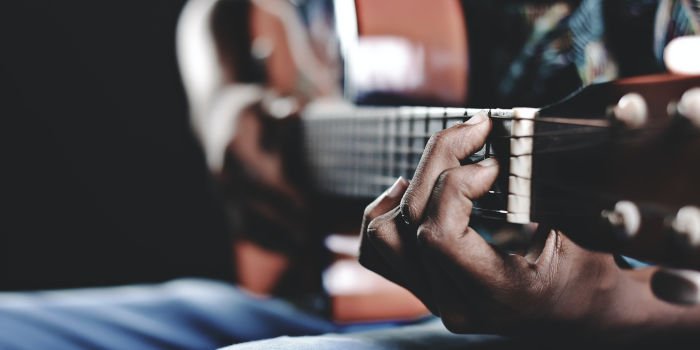
Published: 09/01/2019
Under: Guitar Lessons
If you feel stuck practicing the same scales or exercise endless with little results, you need a more effective guitar practice routine. With a few tips, you can start seeing results within a month.
There’s little need to spend hours practicing scales to a metronome or trying to learn some weird chord voicing. Nor should your time be wasted playing songs, licks, and solos you can already. Sadly, that’s not the idea of practice! However, impressive your skills get.
Before we can cover what effective guitar practice is, we need to deal with some common misconceptions and a few half-truths you might believe.
After we sort your mindset out, you’ll be ready to experience a whole new level of growth in your guitar playing.
Guitar Practice, Yawn…
A classic misconception is that guitar practice, or learning anything, should be tedious. Wrong! If it’s boring, you’re focusing on the wrong stuff or not trying to make it fun.
For example, instead of trying to learn a new set of chords, learn a song (that you like) that uses those chords. Practice that instead. Chances are you’ll want to learn that song at some point. So, why not start there?
Also, by learning a song with interesting chords, you’ll more likely to remember and use them at will. Practice in context, not in a vacuum.
Similarly, after learning a new scale, write a solo or song based on the scale. Don’t just practice playing scales mindlessly over and over again. Otherwise, you become a dating coach, who can’t get themselves a date!
Just Exercises
The second misconception is that guitar practice should be exercise based. Of course, some of it should be.
However, the majority of your practice should help increase your ability as a musician and allow you to express yourself better.
Of course, if you’re struggling with a chord change, isolate it and get the two chords flowing together, in time and tune. But do so with the aim of using them in the song or on a gig.
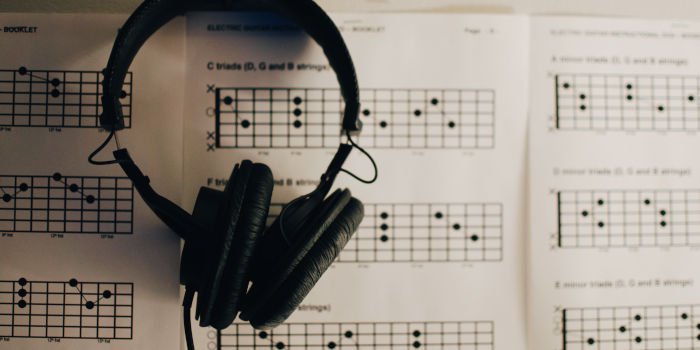
Fun Begins After Practice
Please, don’t see exercises as a necessary evil, which should be carried out at breakneck speed without any consideration to whether you’re doing it correctly!
Instead, see your practice time as a way to focus on one element until it sounds and feels natural. Work on adding useable ideas to your library, and stop wasting time working on ideas or concepts you won’t use.
What is Effective Guitar Practice?
In short, effective guitar practice is focusing on elements you plan to use. Your practice sessions should allow you to produce inspiring harmonies and great melodies with a solid feel and timing.
For example, you learn a cool E minor 9 chord in the open position. It sounds unbelievably good! So, you decide to take the component notes and move them around the fretboard. You hope that you can discover some other chord voicings.
After exploring for awhile, you find three new E minor 9 voicings. They inspire a new introduction and you to write another song. My friend, that’s what I call effective guitar practice.
Increasing your knowledge and ability to improvise is always worth the time and effort.
Likewise, working on music theory is great. But only as long as you’re relating it to a piece of music. If you’re just trying to accumulate knowledge for no purpose (or to grow your ego), you might need to rethink your reason for playing guitar!
“Practise what you want to be able to play, so that you can translate what’s in your head into your hands”
If you do, you’ll feel more confident and play guitar better!
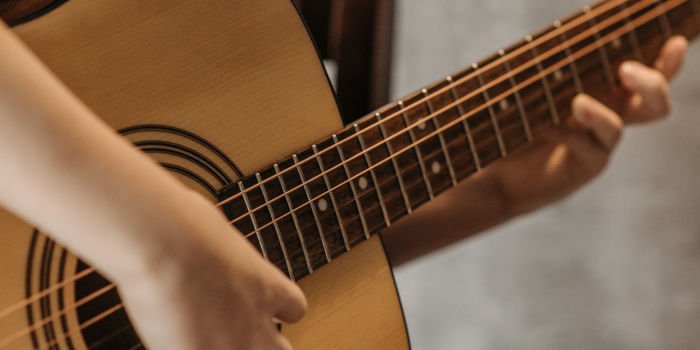
Progressing Effectively in Your Guitar Playing
That’s all well and good, but is there a way to speed up progress and make even better use of practice time?
Yes, there is! Goal setting. Always be working towards a goal in a realistic time frame. If you’re not sure about Smart goals, do some research!
If you have a goals program built around a long-term plan with measurements and rewards along the way, you’re more likely to keep going. At this point, you may be thinking: ‘But, I’m only learning for fun or can’t do regular practice sessions because of other commitments.’
Even so, you could see a massive improvement over the next month if you put aside 30 minutes each day, at least five days a week. I’m talking about giving your full attention during the session to what you are learning.
So, turn off your phone, computer, and anything else that would encourage you to get distracted, even if only for 20 minutes.
If you really focus your attention on mastering one or two items over this time and measure yourself through the process you will see results.
Measuring Results
The best way to analyze your progress on guitar is to record yourself. You don’t need state-of-the-art equipment. Something affordable like the Sony ICDPX370 Mono Digital Voice Recorder will be ideal and cost under $50!
All you need is a way to record a clear signal to give you an accurate picture of where you’re currently, even if your goal is to learn how to play scales better.
Record yourself on day one, including all the mistakes you make. Yes, warts and all. At the end of the first week, record yourself again and save it.
If you worked hard enough during the week, you’ll hear a difference when listening back. Your improvement should be more noticeable the longer you keep recording yourself.

Making Your Guitar Practice More Effective
It’s often a lack of focus, commitment, and dedicated time that stops people from reaching the next level in their guitar playing. It doesn’t matter if you’re just a beginner guitarist or have been playing for a while.
I didn’t say effective guitar practice was easy, but having goals and a specific practice time dramatically increases your results. Plus, learning the guitar should be fun.
Let me know if you need help planning goals by leaving a comment below. I’d love to help you build a more effective guitar practice routine!


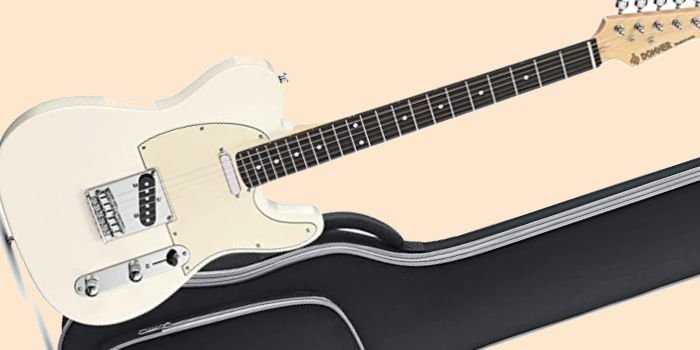
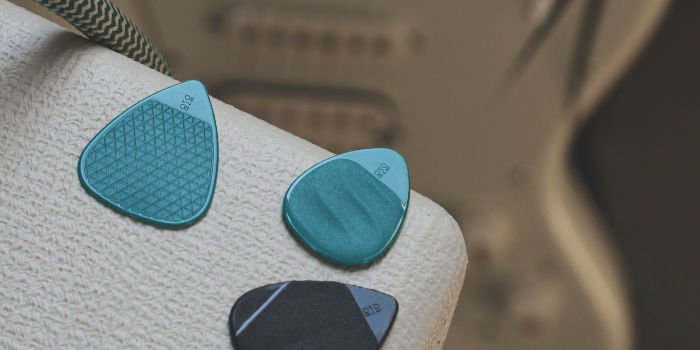
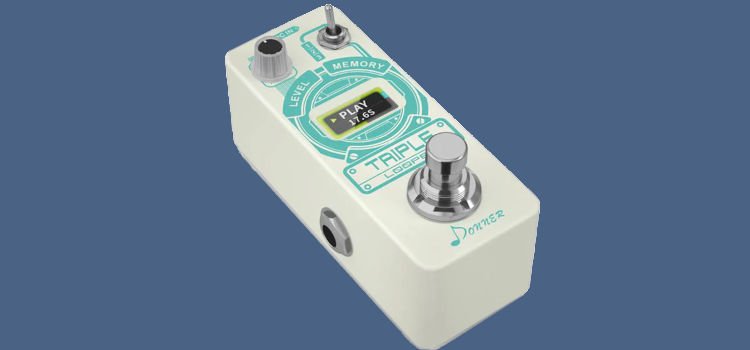
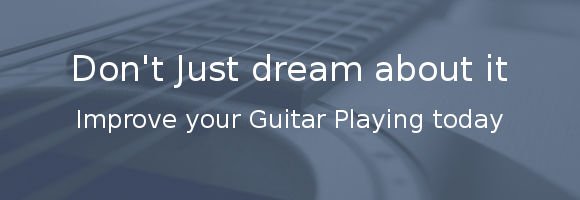
Leave a Reply